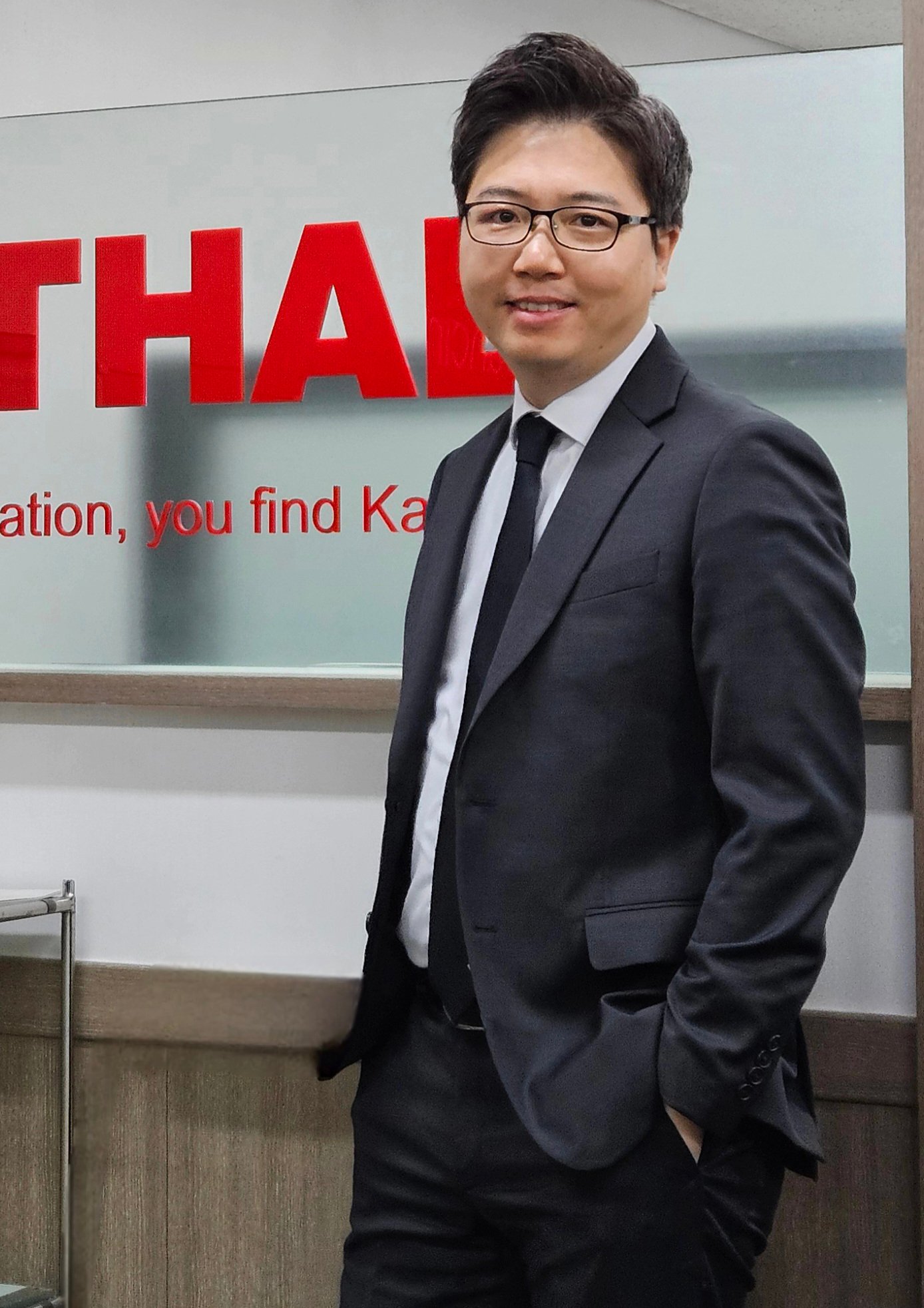 Suwan Kim, Technical Sales, Kanthal.During his eight years at Kanthal, Suwan Kim has seen a definite shift in the dialogue with customers. “In the past, we only discussed the efficiency of the product itself,” he says. “There was not so much discussion about the environment and carbon footprint. But in the past four years or so, this has become the main topic, partly because of government policies to reduce emissions.”
Suwan Kim, Technical Sales, Kanthal.During his eight years at Kanthal, Suwan Kim has seen a definite shift in the dialogue with customers. “In the past, we only discussed the efficiency of the product itself,” he says. “There was not so much discussion about the environment and carbon footprint. But in the past four years or so, this has become the main topic, partly because of government policies to reduce emissions.”
Based in South Korea, Kim gives technical support and suggests system solutions to lithium-ion battery manufacturers, among others. He sees the logic in the surge of interest in electric and energy-efficient furnaces from furnace manufacturers and battery makers who serve the booming electric car industry.
The purpose of using electric cars instead of gasoline cars is to contribute to a better world, so in that sense people naturally tend to think about manufacturing in a more sustainable way
“The purpose of using electric cars instead of gasoline cars is to contribute to a better world, so in that sense people naturally tend to think about manufacturing in a more sustainable way,” he says.
Among key players along the manufacturing chain, the lithium refining and cathode production industries can make green strides with Kanthal electric solutions. They can do this either by replacing fossil-fueled kilns with electric ones, or by replacing old electric heating technology with more energy-efficient solutions.
The conundrum: Go fast or go green?
The electric car trend is so steep a climb that some manufacturers feel they have to make a tough choice: either ramp up production right away with old technology or place their bets on new technology. In other words, go fast or go green?
Kim understands the conundrum. While most end users are open to trying new things, he says, “the most important thing is output, capacity and productivity. The demand is huge, and the infrastructure is still catching up.”
But going fast and going green are not mutually exclusive goals, Kim points out. Electric furnaces are increasingly becoming the go-to choice in high-heat industries worldwide.
While there are still questions within this relatively new field that need straightening out, such as the lifespan of the heating elements, Kanthal's R&D commitment is unwavering.
“Kanthal has good brand recognition,” Kim says. “Our customers trust our solutions.”
Growing need for technical support
Kim says there’s another obstacle that needs to be addressed: the fear that there are not enough qualified engineers and technicians with the know-how to keep the furnaces running as efficiently and problem-free as possible.
He says the availability of technical support will grow and mature in tandem with the demand for electric cars. More and more battery makers are now employing their own in-house tech support instead of having to rely on the supplier for maintenance, he says.
What Kim sees as particularly encouraging is that interest in Kanthal solutions is coming not just from Kanthal's traditional furnace-manufacturer customers but also from battery makers. Companies that take their corporate social responsibility commitments seriously want to understand the entire manufacturing chain.
Interest in sustainability also extends to the car makers and, crucially, to sustainability-minded car buyers.
Good can always be better!
Efficient and sustainable heating processes are vital when the lithium-ion battery industry scales up production to meet the fast-growing demand. Kanthal’s electric heating technology increases energy efficiency and productivity, while reducing emissions of CO2 and NOx. Learn more about the benefits for your process needs.